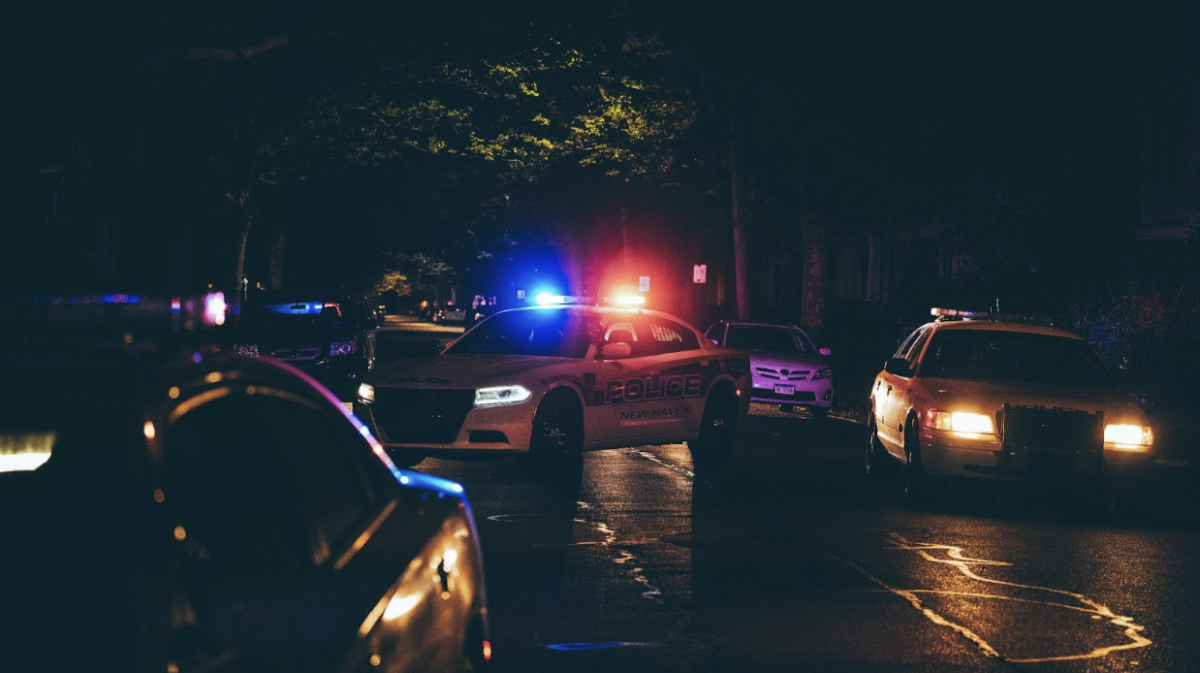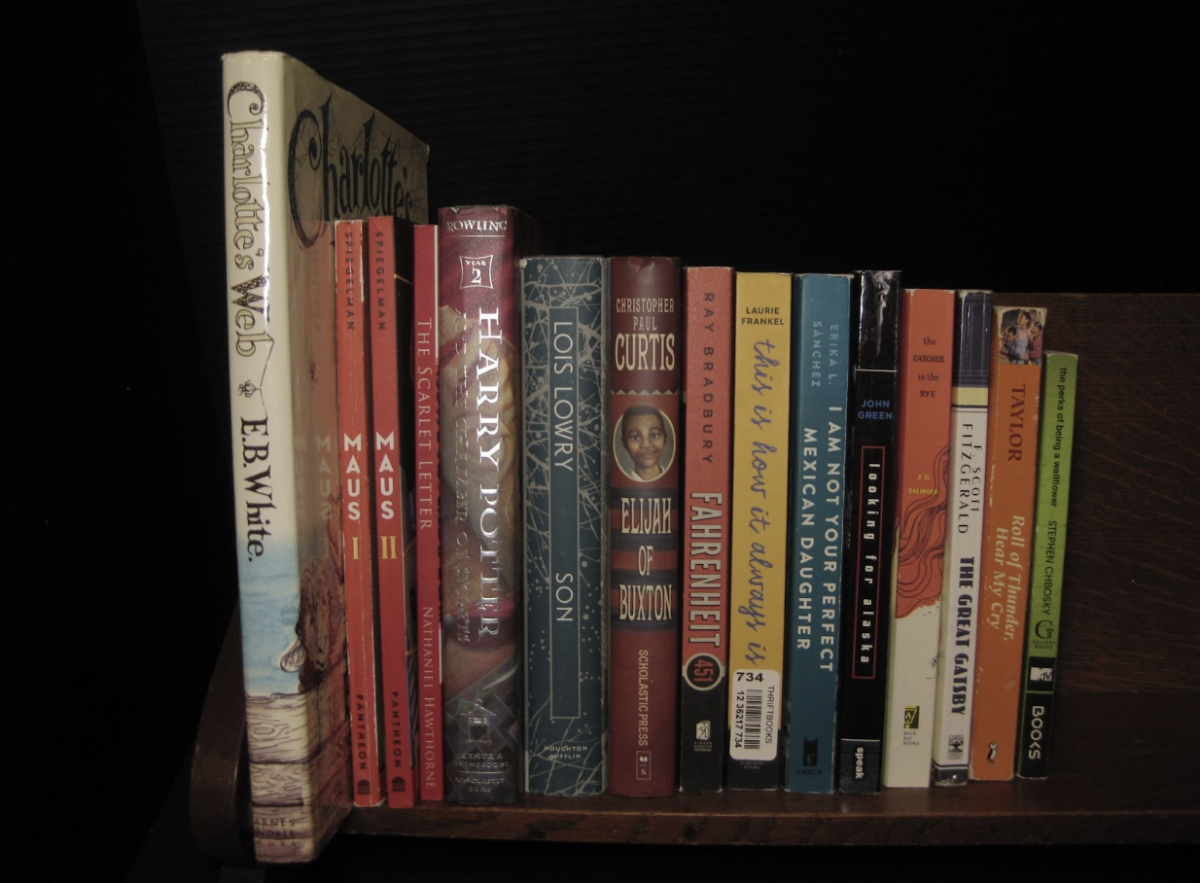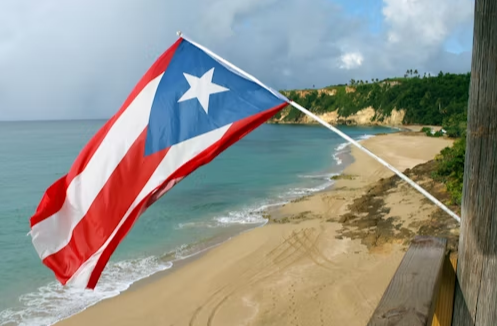Book banning has been present for hundreds of years. However, in recent years, this issue has become contentious within schools and libraries across the country.
Over the summer, Wake County Public School System (WCPSS) finalized Policy 3210, a code that “provides opportunities for parents/guardians to review instructional materials and a process for parents/guardians to use when they object to instructional materials.”
What is Policy 3210?
Under Policy 3210, a parent is able to formally challenge (a “challenge” is a flagging of material— it is not yet banned, but it is under evaluation) material by first referring their complaint to the school principal at the school their child attends. By discussing their concerns, a parent is then able to file a “Request for Reconsideration of Instructional Materials Form” the Media Technology Advisory Committee (also known as MTAC). Once a parent files a reconsideration form, MTAC will begin a thirty-day-long process of reevaluation that entails examining, discussing, and releasing a decision statement on the questioned material.
If a parent does not accept the decision made by the committee regarding the questioned material, they are able to appeal the decision and the committee repeats the same process. Until a formal hearing and decision from the reconsideration committee, questioned material is not considered challenged or banned, and only MTAC can determine the validity of the material. However, a single ban does not mean a ban for all— in WCPSS, if MTAC determines that a certain material is not appropriate for a given school, this ban only stays within that given school and does not affect other schools. A ban is not an unanimous, county-wide decision.
Challenged and banned materials
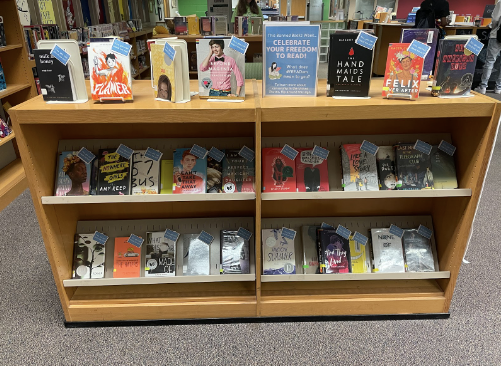
According to the American Library Association, materials may be questioned for the following reasons: sexually explicit content, offensive language, gender identity/LGBTQIA themes, anti-Christian themes, anti-police themes and difficult topics too mature for the student audience.
For those same reasons, six books have been challenged within WCPSS since 2021: Lawn Boy by Jonathan Evison and Out of Darkness by Ashley Hope Perez were challenged at Cary High School in November 2021; Melissa by Alex Gino (which was previously published as George) was challenged at Apex Elementary School in November 2021; Dear Martin by Nic Stone was challenged at South Garner High School in February 2022; Call Me Max by Kyle Lukoff was challenged at Combs Elementary School in July 2022; and Refugee by Alan Gratz in 2023. All but one complaint — Refugee by Alan Gratz is still under review — was rejected by MTAC, keeping the five previously mentioned books in the collections of their respective schools.
Banning acts as a source of contention
By banning material, parents argue that their children are being protected from inappropriate or offensive material. They advocate that through controlling the material that their children consume, a safe place for learning free of misaligned views, unfit topics and unsettling material is fostered. Others parents argue that the visibility of these issues through consumed material is crucial to development.
For some, challenges and bans on materials provide a sense of protection for students; for others, these challenges and bans provide a sense of erasure. Ms. Karyn Hladik-Brown, a media specialist at GHHS states, “The rising number of book challenges and bans across the country has influenced librarians to make the decision to specifically not purchase books that contain diverse perspectives even if the books are developmentally appropriate for the students they serve,” said Ms. Hladik-Brown.
“By not having these perspectives represented in a library’s collection, it sends a message to students that they are not welcome in their school community, takes away the right for other students and families to determine what books are appropriate for their student to read, and it can create knowledge gaps that can affect a student after they graduate from high school,” she said.
Mrs. Kendra Allen, the WCPSS director of library media services, explained that book banning concerns can extend to constitutional rights. “Book banning and other restrictions on students’ access to information have a direct connection to students’ First Amendment rights, as addressed in the Supreme Court case, Island Trees School District. v. Pico. As a library professional, I also adhere to the concept of the ‘Freedom to Read,’ in which all people have the inherent right to be protected in their reading choices,” she said.
As the director of library services, Mrs. Allen’s top priority is providing students with diverse and insightful education. “For students, our job as educators is to be able to present information in both broad and deep ways. As one student may choose to engage with a particular text on a particular topic, another may choose to not engage with that text and topic. Each has expressed their rights to choose without infringing on the rights of the other,” she said.
Through carefully curating books and designating certain materials to certain groups, school systems avoid the risk of having challenged materials. “Every book in the Green Hope library isn’t always a great fit for every student, and because our books are free choice, no student is forced to check out a book that is not a good fit for the student or their family,” states Ms. Hladik-Brown.
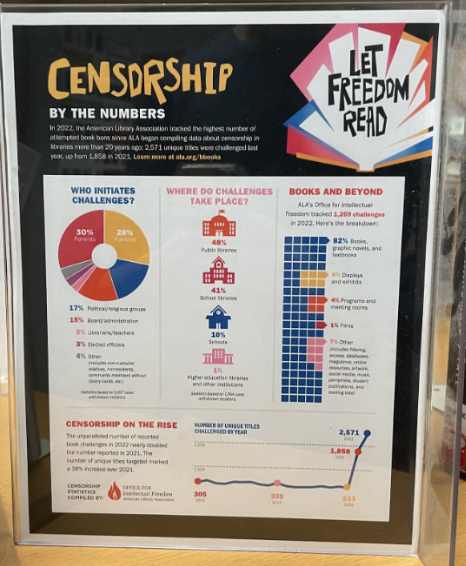
She also elaborated on the importance that the media center plays in selecting books that are both relevant and appropriate to Green Hope students. “Since the Green Hope Media Center serves students from 9th through 12th grade, there will be some books that may be developmentally appropriate for older students that aren’t developmentally appropriate for younger students, and vice versa. We consider a variety of factors when we make decisions on what books to purchase: student interest, curriculum needs, reviews from professional review publications, and awards lists. We also make it a priority to find books that reflect Green Hope’s diverse student population, as well as provide students with a new perspective and promote inclusivity,” said Ms. Hladik-Brown.
“Banned Books Week” celebrates the importance of anti-censorship
In order to fight against censorship, schools and libraries across the United States have taken part in Banned Books Week in a celebration of freedom of distributed material. Initiated in 1982 by activist Judith Krug, Banned Books Week runs from October 1st to 7th. With the theme for 2023 “Let Freedom Read” libraries across the country have put frequently banned books on display as a way to initiate conversations about censorship and inspire students to explore a diverse range of material.
As Policy 3120 continues to affect areas around Wake County, the fight to balance both protection and intellectual freedom in libraries and schools continues throughout both the local area and the nation.








































